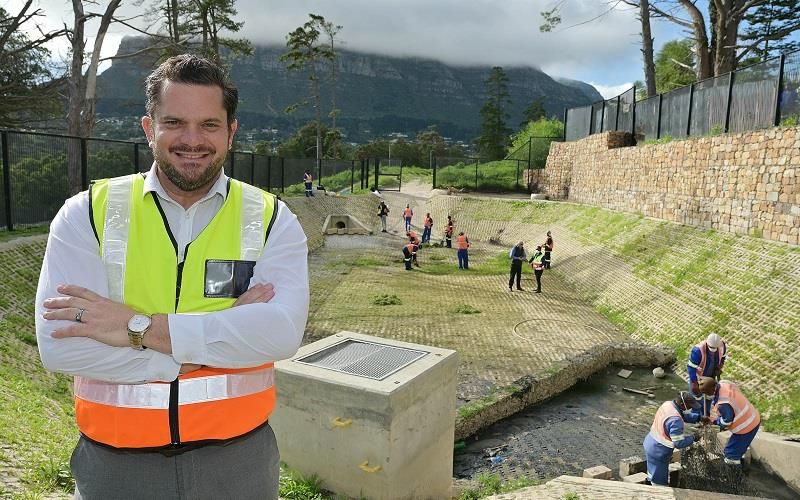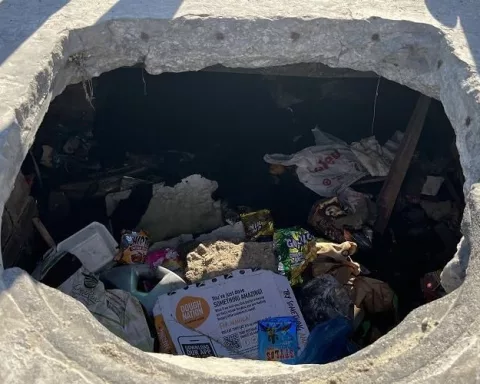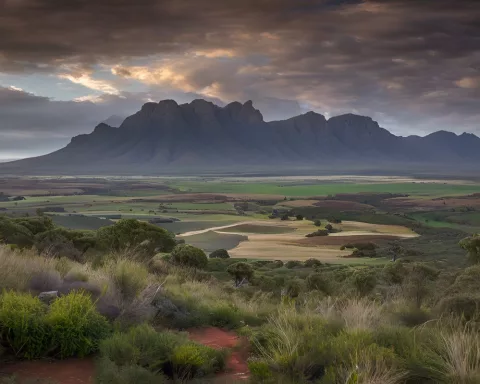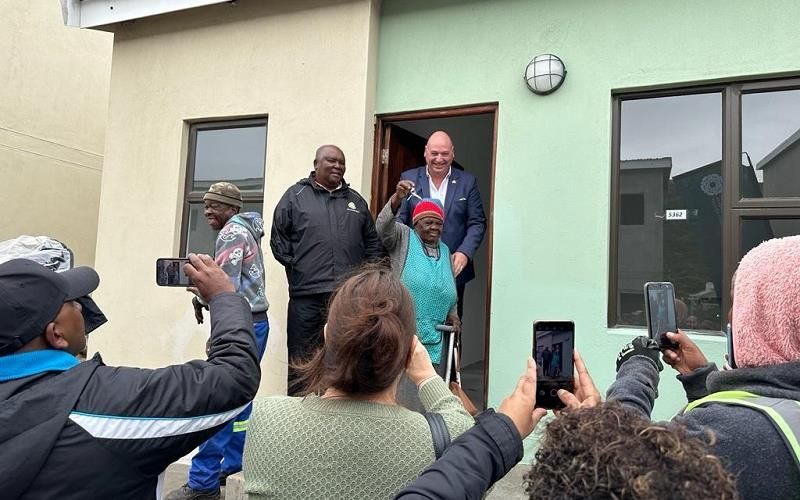Illegal dumping in Cape Town is causing major problems for the city’s annual Winter Preparation Programme. This initiative aims to address flood risk management and ensure that the city is clean and safe during the winter season. However, illegal dumping continues to undermine these efforts, making it difficult for the Road Infrastructure Management (RIM) Department teams to carry out essential cleanup operations in areas such as Newlands, Imizamo Yethu, and Masiphumelele.
Councillor Rob Quintas and the RIM Department
Councillor Rob Quintas, the Mayoral Committee Member for Urban Mobility, has been working closely with the RIM Department teams to conduct rigorous catch pit, pond, and pipe cleaning operations. These activities are necessary to maintain the city’s infrastructure and reduce the risk of flooding during the winter season. However, illegal dumping remains a persistent problem, which is jeopardizing the city’s ability to manage flood risks effectively.
The Dido Valley Housing Project
The City of Cape Town has made progress in addressing housing issues with the flagship Dido Valley subsidized housing and restitution project. On 17 May 2023, the City’s Acting Mayoral Committee Member for Human Settlements, Alderman James Vos, handed over the keys to the first 10 beneficiaries of this project. The initiative aims to provide first-time homeownership opportunities to the residents of the Redhill informal settlement and Luyolo land claimants who were forcibly removed from Simon’s Town in the mid-1960s due to apartheid-era policies.
Reporting Illegal Dumping
To combat illegal dumping and other crimes, the City of Cape Town encourages residents to report any crime or by-law offences anonymously via a 24-hour hotline at 0800 1100 77. It is crucial to maintain a clean and safe environment for the city’s residents as the winter season approaches. Community engagement is key to achieving these goals, and every resident has a part to play in making Cape Town a better place to live.
In conclusion, illegal dumping is significantly hindering the City of Cape Town’s efforts to prepare for the winter season. Community engagement and continued vigilance are essential in overcoming these challenges and ensuring a successful winter preparation. The Dido Valley Housing Project and the RIM Department teams’ efforts to maintain the city’s infrastructure are essential components of this initiative. It is crucial to address the issue of illegal dumping to achieve a clean and safe environment for Cape Town’s residents.












